Business
12 States Banning Gasoline Vehicles, But Will Americans Comply?
By Jake Beardslee · August 12, 2024

From California leading the charge to other states following suit, the future of American roads is rapidly shifting towards electric vehicles (EVs). The EV revolution is accelerating, spurred by environmental concerns. President Biden has set a bold target: half of all new cars sold in the US should be electric by 2030.
How will this affect you? This article will explain the state-by-state implementation of new regulations and address common EV concerns, helping you understand the timeline and impact of these changes. Sara Kurfeß / Unsplash
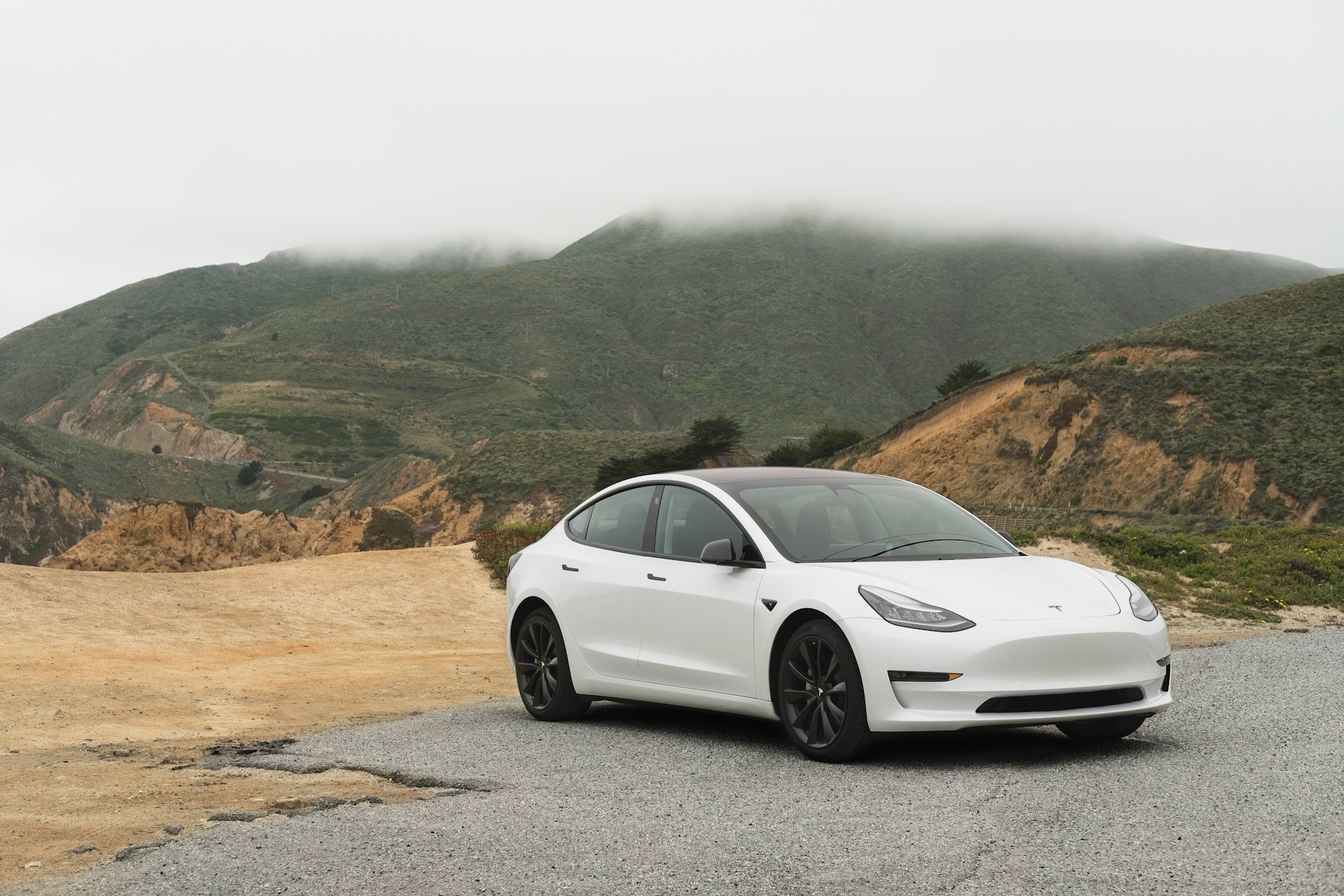
Consumer Concerns About Electric Vehicles
The transition to electric vehicles is generating excitement, but it also raises a number of pressing questions for consumers. Range anxiety, charging availability, and high costs remain top concerns as drivers consider making the switch.Adding fuel to the fire, a recent Consumer Reports study found that electric vehicles are experiencing nearly 80% more problems than their gas-powered counterparts. EV owners most frequently reported issues with batteries, charging systems, and overall build quality - problems that could seriously impact consumer confidence.
As states across the country move to ban the sale of new gasoline-powered cars, policymakers will need to address these lingering doubts head-on. The success of the electric revolution may very well hinge on how effectively lawmakers and automakers can solve these pain points for wary drivers. Charlie Deets / Unsplash

California
California, the state with the largest population in the U.S., is spearheading the shift to electric vehicles. The state took a significant step in August 2022 by announcing a ban on new gasoline-powered car sales starting in 2035. This ambitious decision aims to combat climate change by addressing a key contributor to air pollution.The initiative, called Advanced Clean Cars II, establishes specific goals for auto dealers. It mandates that zero-emission vehicles must constitute 35% of new cars and light trucks available for purchase by 2026. This percentage is set to increase to 68% by 2030, ultimately reaching 100% in 2035. Christian Mehlführer / Wikimedia
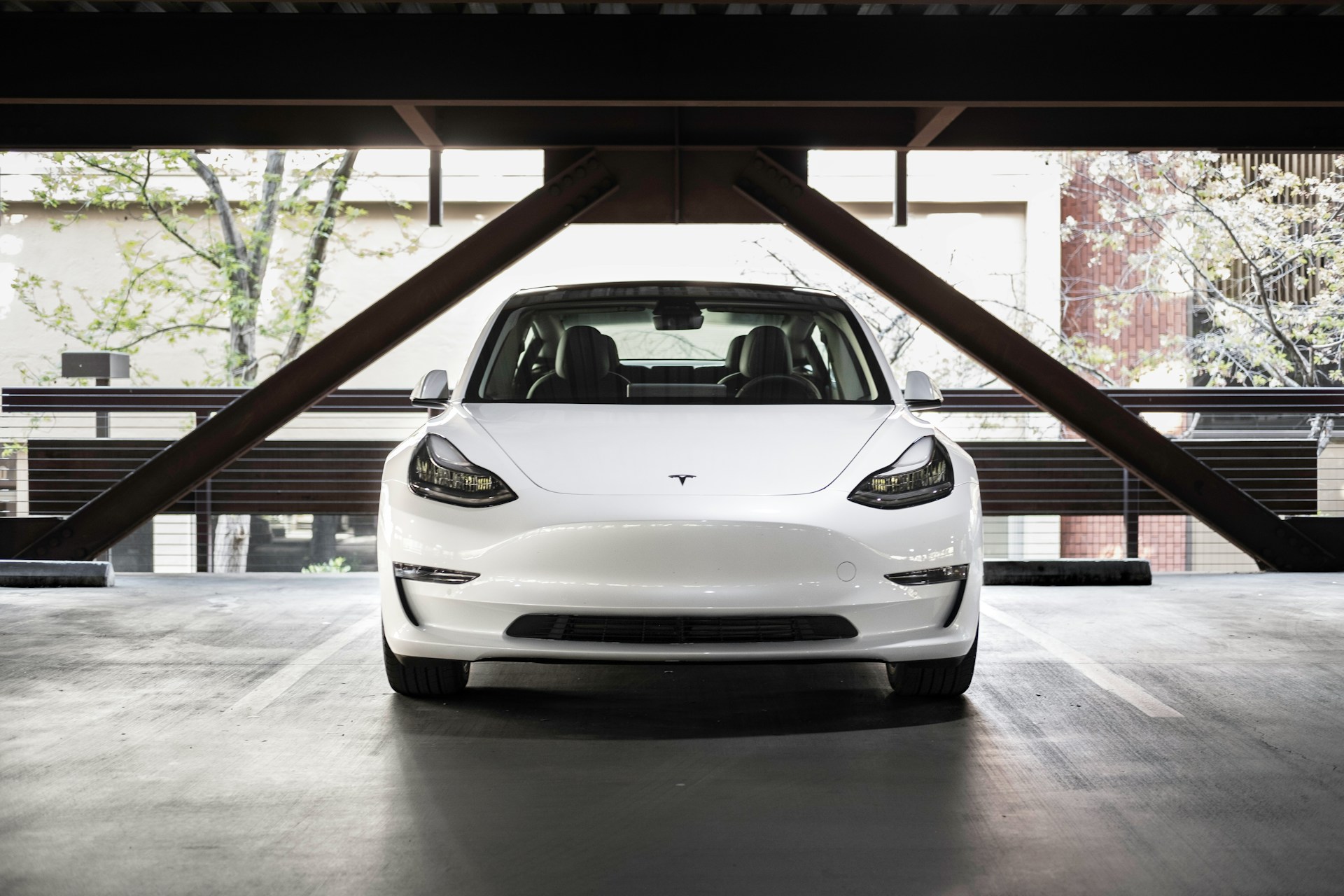
Delaware
Delaware embraced the electric vehicle trend in April 2023 by finalizing rules to adopt California's ban on gas-powered vehicles.The state's strategy begins conservatively, mandating a small number of electric vehicles (EVs) in 2027, before progressively increasing. The goal is for 80% of new car sales to be either electric or hybrid models by 2032. Charlie Deets / Unsplash

Washington
The state quickly jumped on board with the electric vehicle revolution, implementing the Advanced Clean Cars II regulations shortly after California introduced its initial legislation in August 2022.According to the newly adopted policy, starting in 2035, auto dealerships will be restricted to selling only new electric vehicles, plug-in hybrids, or hydrogen fuel cell vehicles. Rattllhed / Wikimedia
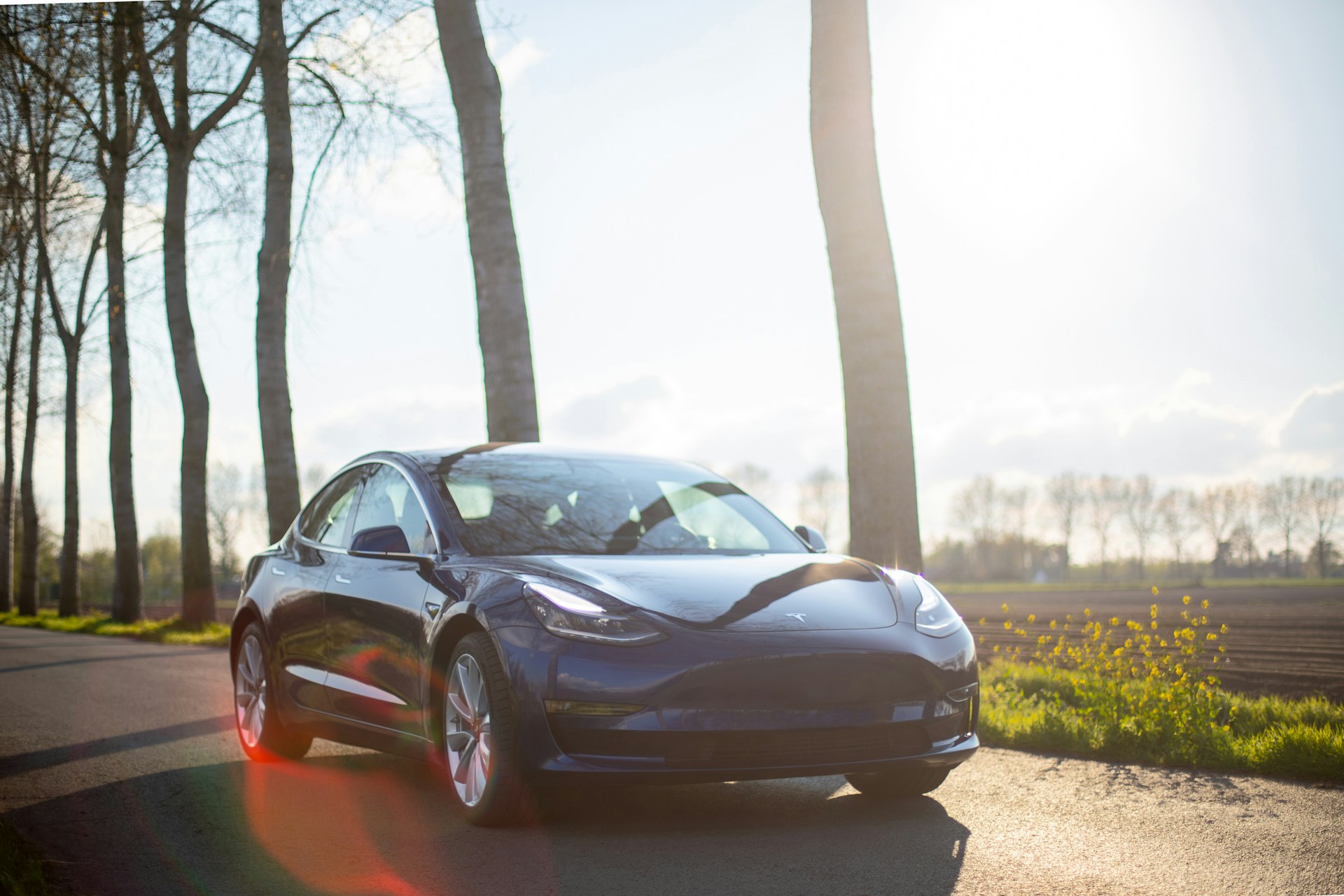
Massachusetts
Massachusetts was one of the early adopters of California's Advanced Clean Cars II legislation, due to a pre-existing trigger law that automatically implements any emissions policy enacted by California.While the state hasn't imposed an outright ban on gas-powered vehicles, it has set a bold target of achieving net-zero emissions by 2050.
The 2022 Massachusetts Clean Energy and Climate Plan lays out specific objectives, including having 300,000 electric vehicles registered by 2025 and 900,000 by 2030. Bram Van Oost / Unsplash

New York
New York emerged as the fourth state to move towards prohibiting the sale of gas-powered vehicles by 2035, with Governor Kathy Hochul taking a firm position on the matter.Legislation passed in mid-2023 sets an initial target of 35% zero-emission vehicle sales within the next two years. This proportion is set to gradually increase, reaching 100% by 2035. Dllu / Wikimedia
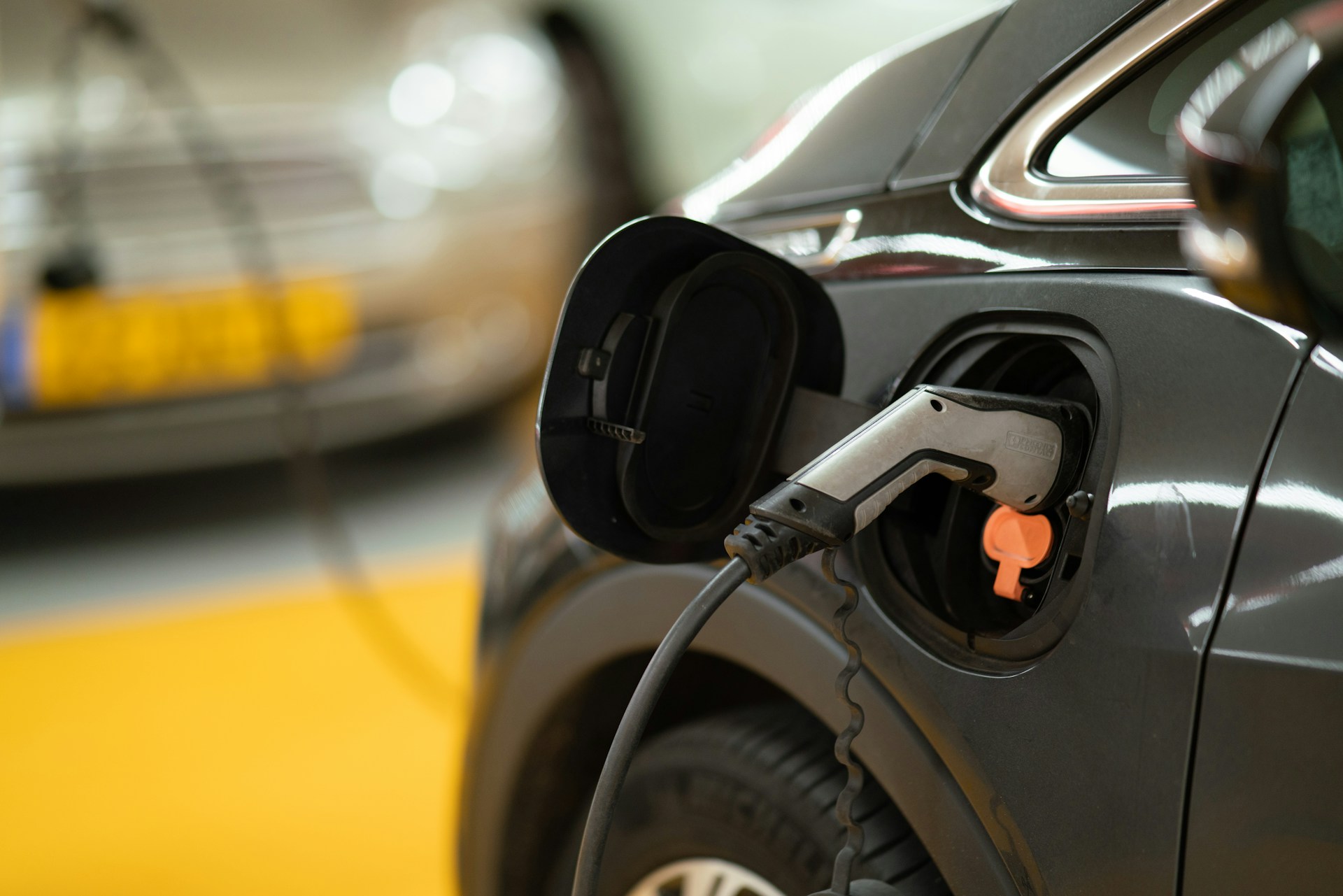
Oregon
Oregon became the fifth state to implement the Advanced Clean Cars II regulations, with a vote in December 2022 to gradually eliminate the sale of gas-powered vehicles within its borders by 2035.This move is consistent with Oregon's long-standing dedication to environmental conservation. The state already has a significant presence of electric vehicles, with over 50,000 registered. Michael Fouesert / Unsplash

New Jersey
New Jersey emerged as the sixth state to utilize Section 177 of the Clean Air Act to prohibit the sale of gas-powered cars by 2035.The state has established precise targets in its journey towards complete electrification. It aims to have 43% of newly registered light-duty vehicles be electric by 2027, with the goal of reaching 100% by 2035. Benjamin Ashton / Unsplash
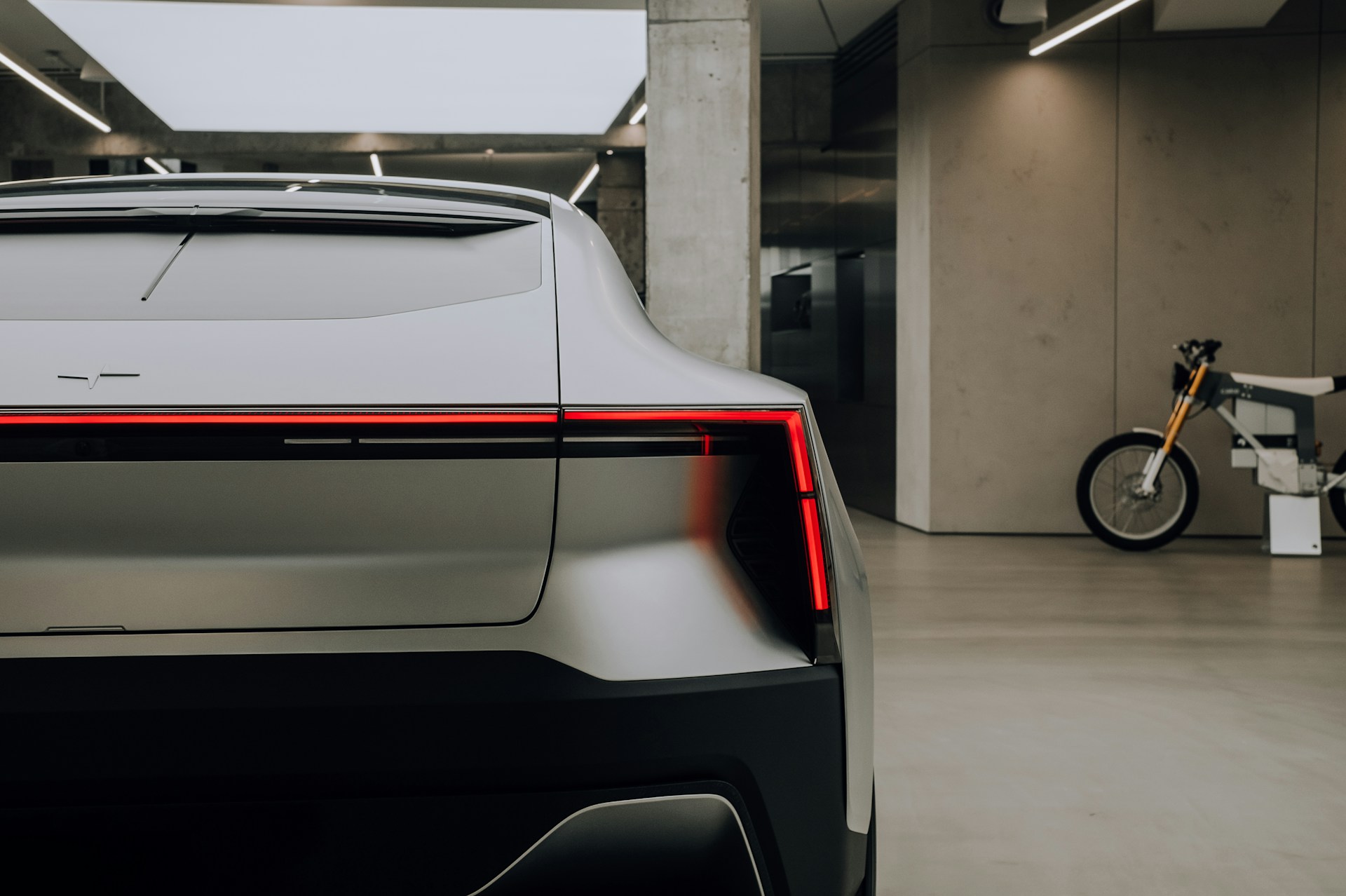
Maryland
In March 2023, Maryland became the seventh state to prohibit gas-powered cars, adopting the Advanced Clean Cars II regulations. Governor Wes Moore cited public health as a primary motivation.The state aims to have at least 300,000 electric cars registered by 2035, a substantial increase from the current 81,000. Kenny Leys / Unsplash

Rhode Island
Rhode Island joined the movement in May 2023, becoming the eighth state to use Section 177 of the Clean Air Act to ban gas-powered vehicles. The state implemented the Advanced Clean Cars II regulations, setting a clear timeline for the transition.By 2035, all new cars sold in Rhode Island must be zero-emission, with a gradual increase from 35% zero-emission vehicle sales by 2026 to 100% by 2035. Sean Foster / Unsplash
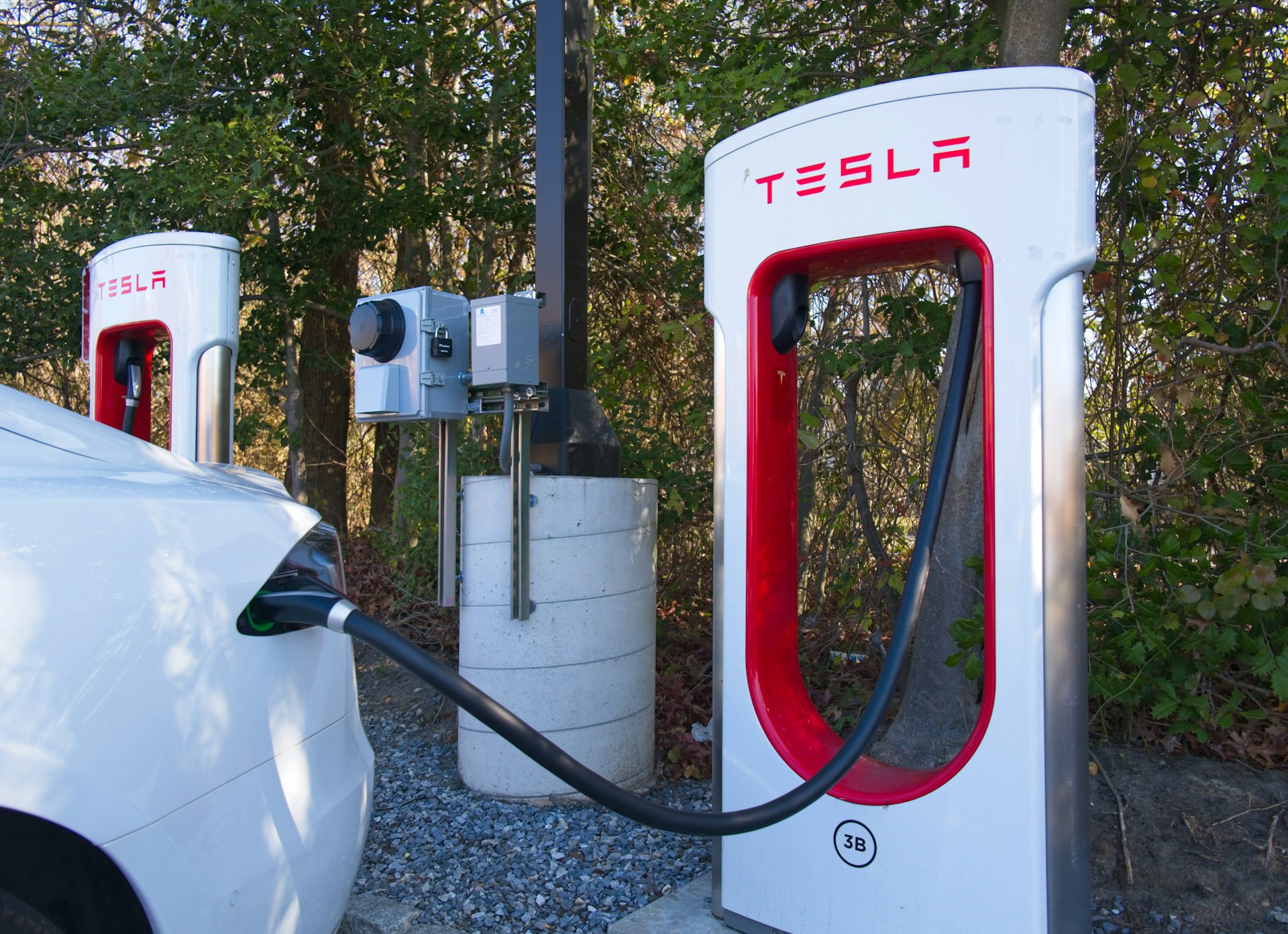
Vermont
In November 2022, Vermont lawmakers approved changes to clean-car requirements, mandating that all new cars sold in the state must be zero-emission vehicles by 2030.The plan starts in 2026 with 35% of all cars purchased required to be electric, steadily increasing to 100% by 2030. Ernie Journeys / Unsplash

Virginia
The situation in Virginia is more complicated, with Republican lawmakers pushing to separate the state's emissions rules from California's. They argue that electric vehicles are too expensive and impractical for many, particularly in rural areas. Stephanie Rhee / Unsplash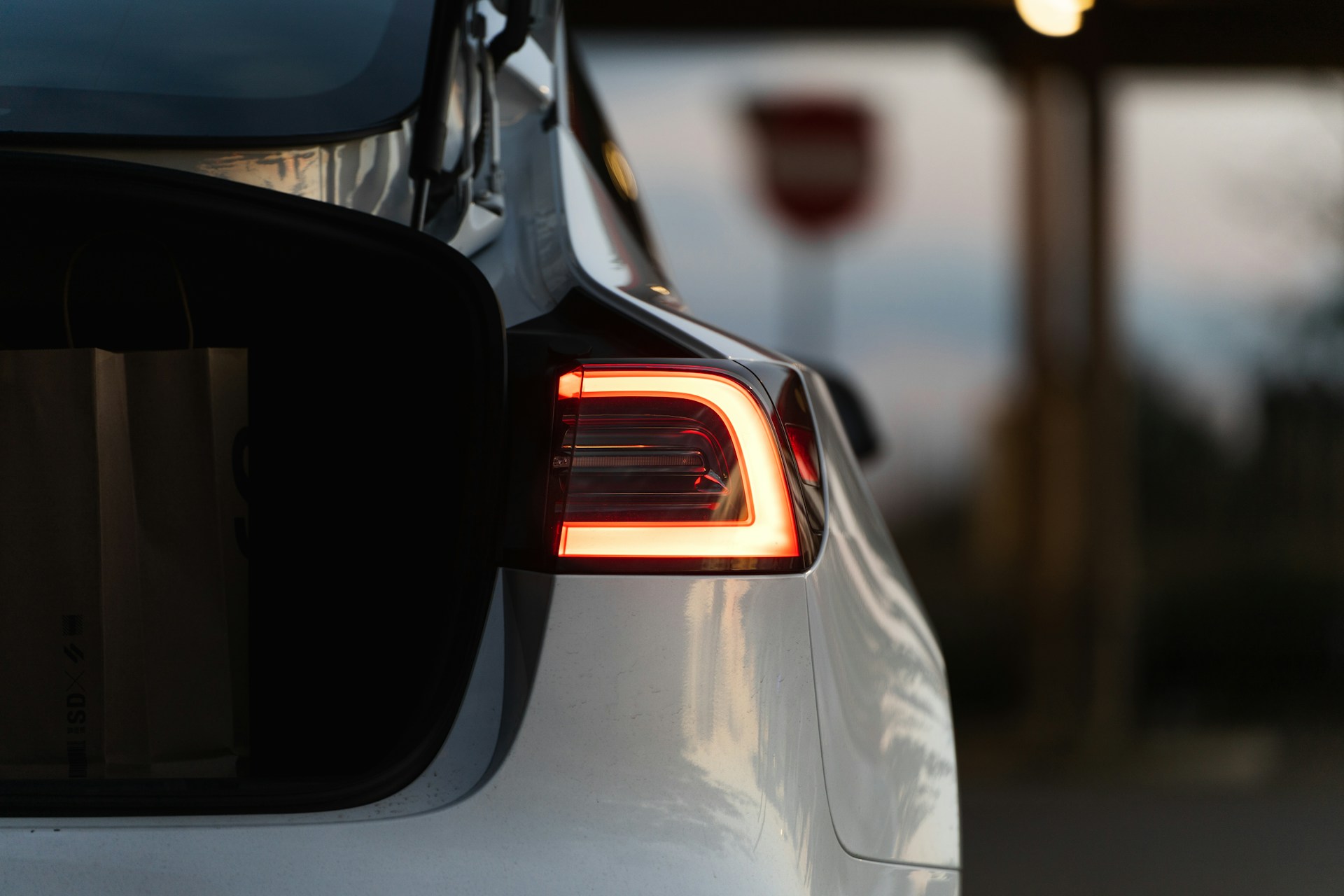
Connecticut
The state considered banning gas-powered car sales by 2035, but the plan faced opposition. A special session held earlier this year failed to reach a bipartisan solution. As a result, Democratic lawmakers have temporarily abandoned the adoption of a gas-powered vehicle ban. Krzysztof Hepner / Unsplash
Maine, New Mexico, and Pennsylvania
Several additional states are contemplating prohibitions on gas-powered cars but have not yet taken decisive steps.In Maine, a citizen-led petition in May 2023 called for the regulatory body to implement the Advanced Clean Cars II standards. Public discussions have been ongoing, with the most recent occurring in March. Should these standards be adopted, Maine would put California's gas-powered car ban into effect in 2028.
New Mexico is also following California's example, appearing to favor restrictions on gas-powered car sales by 2035.
Pennsylvania, in line with its commitment to California's emissions legislation, has agreed to adopt the Advanced Clean Cars II regulations. However, the state has yet to provide details about the specific nature of its ACC II rules. Farhan / Unsplash

Can I Still Buy a Used Gas Vehicle?
The new regulations don’t force anyone to stop driving their current automobile. You can keep your gas-powered car as long as you want. The rules also don’t prevent you from buying a used gas-powered car.Since only 12 states have adopted Section 177 of the Clean Air Act so far, there will likely be a strong market for gas-powered vehicles in America for many years to come.
This means that even as new electric vehicle sales increase, consumers will still have plenty of options when it comes to purchasing used gas-powered vehicles. Markus Spiske / Unsplash

It's important to note that these changes primarily impact new car sales. You'll still be able to keep your existing gas-powered vehicle or purchase a used one. The crucial aspect is to stay informed and ready for the changing automotive environment. Vlad Tchompalov / Unsplash